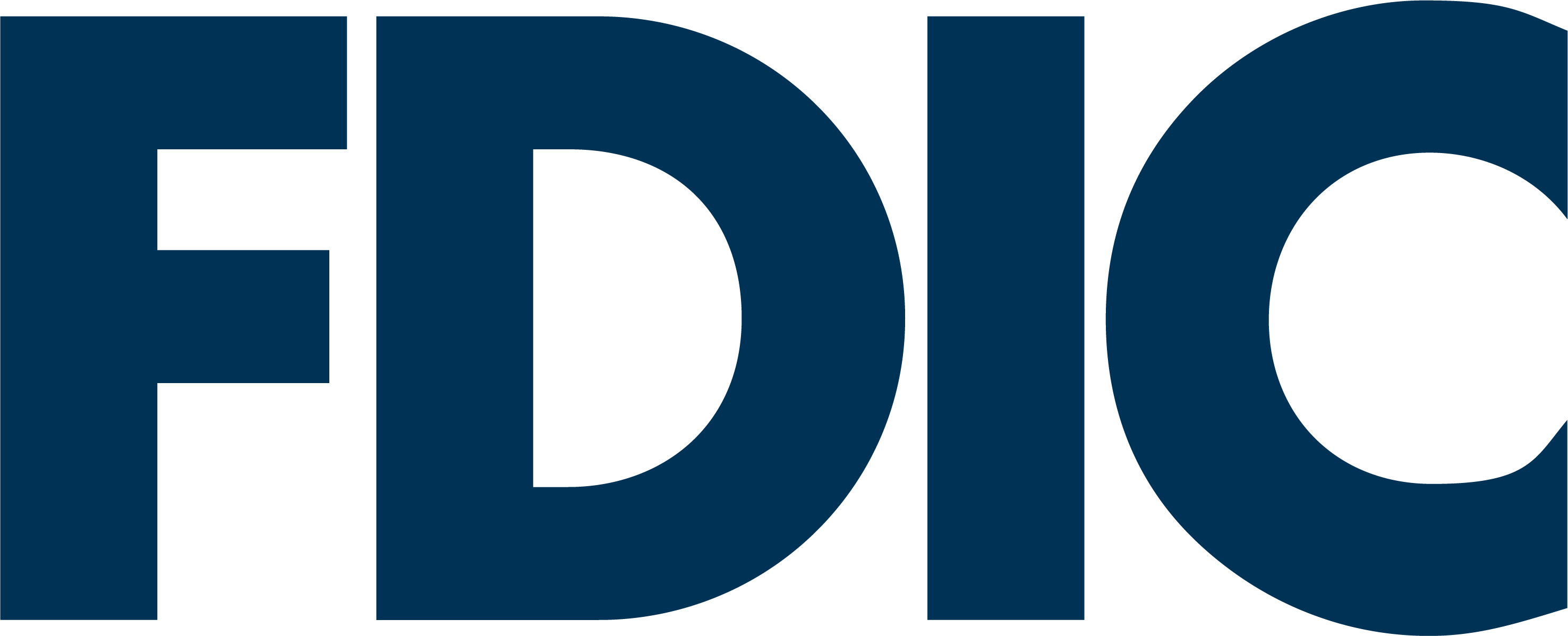Beware of Fake Check Scams: How to Spot and Protect Yourself from Fraud
How do Fake Check Scams Work?
There are many variations of the scam. It usually starts with someone offering to:- Buy something you advertised for sale
- Pay you to work at home
- Give you an “advance” on a sweepstakes you’ve won
- Give you the first installment of the millions you’ll receive for agreeing to transfer money in a foreign country to your bank account for safekeeping
Fraudsters issue you a check or money order worth more than the amount owed to you and instruct you to wire the excess funds back to them before receiving your lump sum payment. After you’ve sent the money, you find out the check or money order is bogus.
Tips to prevent fake check scams:
- Even if the check has “cleared,” you may not be in the clear. Under federal law, banks must make deposited funds available quickly, but just because you can withdraw the money doesn’t mean the check is good, even if it’s a cashier’s check or money order. If you have any questions about whether or not the check is good, talk to your banker. Be sure to explain the source of the check, the reasons it was sent to you, and whether you are being asked to wire money back.
- Don’t be fooled by the appearance of the check. Scam artists are using sophisticated technology to create counterfeit checks that mirror the appearance of legitimate checks. Some are counterfeit money orders, some are phony cashier’s checks, and others look like they are from legitimate business accounts. The companies whose names appear may be real, but someone has dummied up the checks without their knowledge.
- Never ‘pay to play.’ There is no legitimate reason for someone who’s giving you money to ask you to wire money back or send you more than the exact amount—that’s a red flag that it’s a scam. If a stranger wants to pay you for something, insist on a cashier’s check for the exact amount, preferably from a local bank or one with a local branch.
- Do not respond to online solicitations for “easy money.” Social media scams like card cracking may offer “quick ways to earn extra cash,” but keep in mind that easy money is rarely legal money. • Verify the requestor before you wire or issue a check. It is important to know who you are sending money to before you send it. Just because someone contacted you doesn’t mean they are a trusted source.
- Report any suspected fraud to your bank immediately. Bank staff are experts in spotting fraudulent checks. If you think someone is trying to pull a fake check scam, don’t deposit it—report it. Contact your bank and report it to the Federal Trade Commission or the Better Business Bureau’s Scam Tracker.
Source: American Bankers Association














